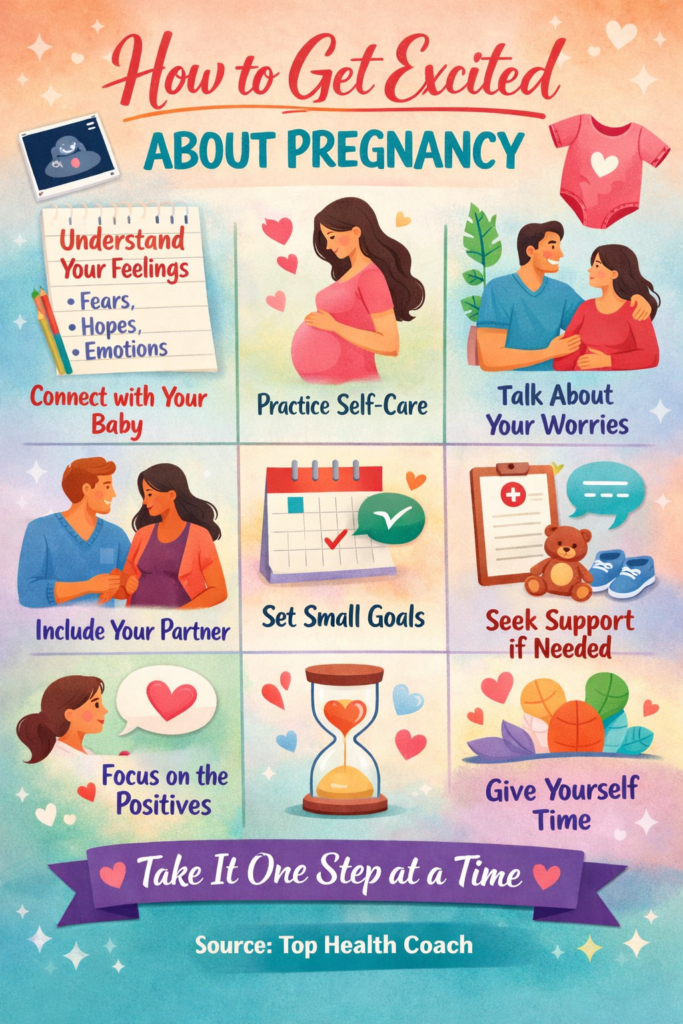In a society that often treats sex as a taboo subject, it’s easy to overlook its profound impact on our overall well-being. Beyond pleasure and procreation, a healthy and consensual sexual life offers a surprising array of physical, mental, and emotional benefits that contribute significantly to a healthier and happier you. As a health advocate in India, I often find that while fitness and diet are openly discussed, the role of sexual health is frequently ignored. It’s time to change that narrative and shine a light on the science-backed advantages of intimacy.
Let’s explore 10 incredible health benefits of sex that might just make you re-evaluate its place in your wellness routine:
1. Boosts Your Immune System
Feeling a cold coming on? Regular sexual activity might be your unsung hero! Studies suggest that frequent intimacy can increase levels of immunoglobulin A (IgA), an antibody that helps protect your body from illnesses like the common cold and flu. Think of it as a natural immune booster, helping your body’s defenses stay strong against everyday pathogens.
2. Improves Heart Health
Sex is, in essence, a form of exercise. It gets your heart rate up, burns calories, and improves your cardiovascular fitness. Research indicates that regular sexual activity can lower the risk of heart disease, stroke, and high blood pressure. For men, frequent ejaculation has been linked to a reduced risk of prostate cancer. For women, a satisfying sex life can also contribute to better cardiovascular health. It’s a fun way to keep your ticker in top shape!
3. Reduces Stress and Anxiety
One of the most immediate and noticeable benefits of sex is its incredible ability to melt away stress. During intimacy, your body releases a cocktail of feel-good hormones like endorphins, oxytocin (often called the “love hormone”), and dopamine. These hormones act as natural stress relievers, promoting feelings of relaxation, calm, and well-being. This hormonal surge helps lower cortisol levels, the primary stress hormone, leaving you feeling more relaxed and less anxious.
4. Promotes Better Sleep
Struggling to fall asleep? A post-coital slumber is a common phenomenon for a reason. The release of oxytocin and prolactin after orgasm creates a natural sedative effect. Oxytocin helps lower stress hormones, while prolactin induces a feeling of relaxation and drowsiness, making it easier to drift off into a deep, restful sleep. Quality sleep is foundational to overall health, impacting everything from mood to metabolism.
5. Alleviates Pain
Believe it or not, an orgasm can act as a natural painkiller. During sexual arousal and climax, your body releases endorphins, which are powerful natural analgesics. This rush of endorphins can temporarily block pain signals, providing relief from conditions like headaches, migraines, arthritis pain, or even menstrual cramps. It’s your body’s built-in pharmacy!
6. Boosts Self-Esteem and Confidence
Intimacy and connection can significantly impact your self-perception. Feeling desired and connected to a partner can boost self-esteem and body confidence. This positive feedback loop can lead to improved mood, reduced feelings of depression, and a greater sense of self-worth. It reinforces positive self-image and strengthens emotional well-being.
7. Enhances Intimacy and Relationship Bonding
Beyond the physical, sex plays a crucial role in strengthening emotional bonds between partners. The release of oxytocin during intimacy fosters feelings of attachment, trust, and affection. This “cuddle hormone” helps solidify your connection, promoting deeper intimacy and overall relationship satisfaction. Regular, satisfying sex can be a cornerstone of a healthy and thriving partnership.
8. Improves Pelvic Floor Strength (Especially for Women)
For women, sex is a fantastic workout for the pelvic floor muscles. During orgasm, these muscles contract and relax, giving them a natural exercise. Strong pelvic floor muscles are essential for bladder control, preventing incontinence, supporting pelvic organs, and even enhancing sexual sensation and satisfaction.
9. May Increase Longevity
While more research is always ongoing, some studies suggest a correlation between regular, satisfying sexual activity and a longer lifespan. The combination of improved heart health, stress reduction, better sleep, and stronger immune function all contribute to overall vitality and potentially extend healthy years. It’s about living not just longer, but living better.
10. Can Improve Brain Function
Some fascinating research indicates that regular sexual activity might even give your brain a boost! Studies have explored links between frequent sex and improved cognitive function, particularly memory and verbal fluency. One theory suggests that sexual activity may promote the growth of new neurons in the hippocampus, a brain region critical for learning and memory.
Understanding Sexual Health in India
It’s important to acknowledge that discussions around sexual health in India can often be sensitive, influenced by cultural norms and a lack of comprehensive education. However, recognizing the profound health benefits of consensual sexual activity is a step towards destigmatizing the topic and promoting overall well-being. Open communication with partners and healthcare professionals is key to a healthy and fulfilling sexual life.
Remember, the benefits discussed here pertain to healthy, consensual, and safe sexual activity. If you have concerns about your sexual health, always consult a healthcare professional.
Frequently Asked Questions (FAQ) About the Health Benefits of Sex
Q1: How often should one have sex to experience these benefits? A1: There’s no magic number. “Regular” is subjective and varies by individual and relationship. Studies often point to at least once a week for noticeable benefits, but consistency and satisfaction are more important than frequency.
Q2: Are these benefits only applicable to partnered sex, or does masturbation offer them too? A2: Many physiological benefits (like stress reduction, pain relief, and improved sleep due to hormone release) can be experienced through masturbation. However, benefits related to intimacy, bonding, and relationship satisfaction are, by nature, specific to partnered sex.
Q3: Can sex replace regular exercise? A3: While sex is a form of physical activity and burns calories, it generally doesn’t replace a comprehensive exercise routine. It can contribute to your overall fitness, but shouldn’t be your sole form of exercise.
Q4: Is sex safe for people with heart conditions? A4: For most people with stable heart conditions, sex is safe. If you can climb two flights of stairs without symptoms, you’re likely safe for sex. However, always consult your doctor to discuss your specific condition and any concerns.
Q5: Does sex always lead to better sleep? A5: For many, yes, due to the release of relaxing hormones. However, individual responses vary. If you find sex energizing, it might not be the best pre-sleep activity for you.
Q6: Can sex help with chronic pain? A6: The endorphin release can provide temporary pain relief for some individuals. It’s not a cure for chronic pain but can be a natural coping mechanism for managing discomfort.
Q7: Does sex really boost the immune system? A7: Some studies suggest an increase in IgA antibodies with regular sex, which supports the immune system. More research is ongoing, but it’s a promising area.
Q8: What if I don’t feel like having sex? Does this mean I’m missing out on health benefits? A8: Sexual desire varies greatly among individuals. If you genuinely lack desire and it’s causing distress, it’s worth speaking to a healthcare professional. These benefits highlight the positive aspects, but consensual activity and individual comfort are paramount.
Q9: Can sex improve my mood if I’m feeling depressed or anxious? A9: The release of feel-good hormones can certainly provide a temporary mood boost and reduce feelings of anxiety. However, sex is not a substitute for professional mental health support for depression or severe anxiety.
Q10: Is there an age limit to experiencing these health benefits? A10: Absolutely not! The health benefits of consensual sexual activity can be experienced at any age, provided it’s safe and comfortable. Intimacy and connection remain important throughout life.
Q11: Does contraception impact these benefits? A11: No, the type of contraception used does not negate the physical and psychological health benefits of sex.
Q12: Is there a downside to having too much sex? A12: While not inherently harmful, excessive sexual activity could lead to physical discomfort, fatigue, or impact other life responsibilities. As with all things, balance and listening to your body are key.
Q13: Can sexual health affect fertility? A13: Regular sexual activity is crucial for conception if trying to get pregnant. For men, frequent ejaculation has been linked to healthier sperm.
Q14: Does sexual activity change as you age? A14: Yes, sexual desire and function can change with age due to hormonal shifts, medications, or health conditions. However, a fulfilling sex life can be maintained through open communication, adaptation, and professional guidance if needed.
Q15: What role does consent play in experiencing these benefits? A15: Consent is fundamental. Sexual activity must be consensual to be healthy and beneficial. Without enthusiastic consent, it cannot lead to the positive emotional and psychological outcomes.
Q16: Can sex help lower blood pressure? A16: Yes, studies suggest that regular sexual activity can contribute to lower blood pressure, which is beneficial for overall cardiovascular health.
Q17: Are these benefits the same for all genders? A17: Many of the benefits, especially hormonal releases and stress reduction, are universal. Some specific benefits, like prostate health for men or pelvic floor strength for women, are gender-specific.
Q18: How does sex impact cognitive function? A18: Emerging research suggests that regular sexual activity might promote neurogenesis (growth of new brain cells) and improve memory and verbal fluency, particularly in older adults.
Q19: What should I do if sex is painful or uncomfortable? A19: Persistent pain or discomfort during sex is not normal and should be addressed by a healthcare professional. There are often treatable causes for sexual pain.
Q20: How can I discuss sexual health with my partner or doctor in India? A20: Open communication is vital. Choose a private, comfortable setting. Be direct but respectful. With a doctor, remember they are trained to handle such topics professionally and confidentially. Seek out healthcare providers known for their sensitivity in these areas if needed.



